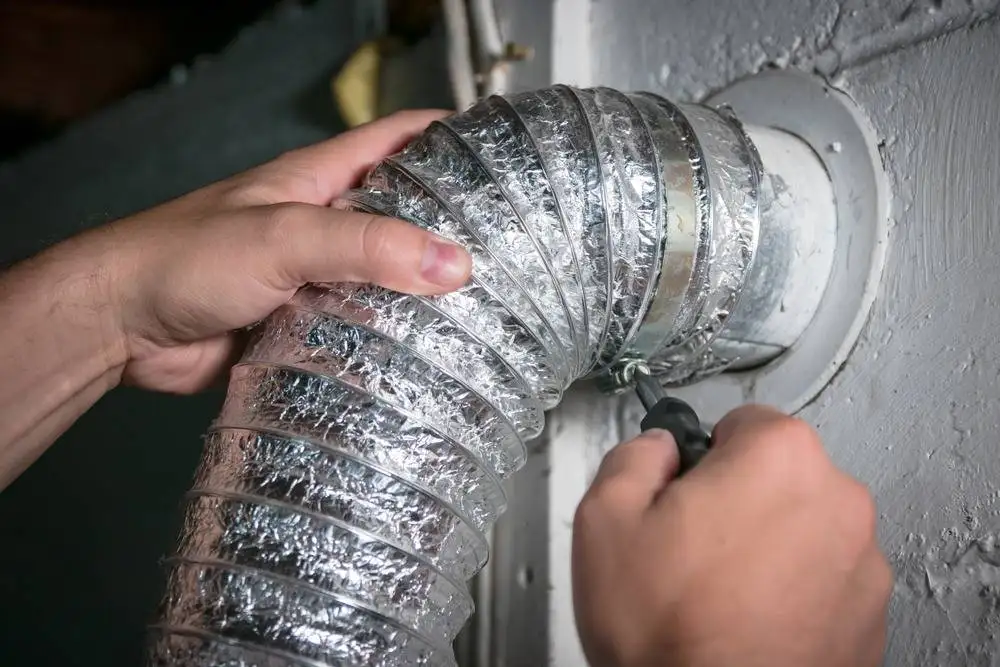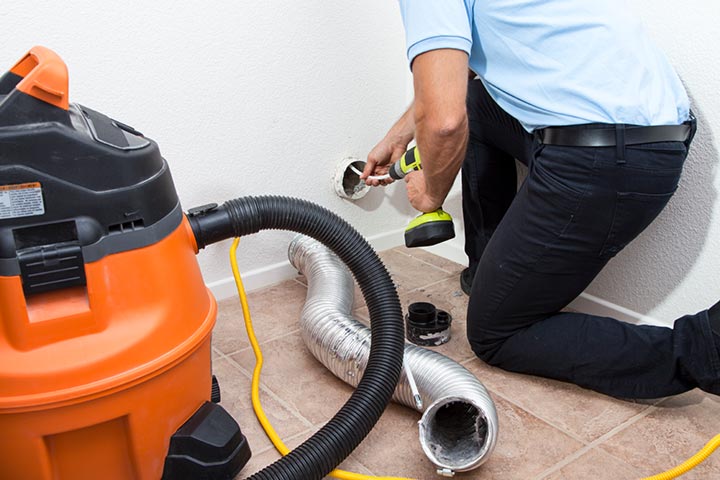When it comes to maintaining a functional and safe home, knowing how to vent a dryer in the basement is crucial. Proper ventilation not only enhances the life of your dryer but also ensures that your home remains safe from potential hazards like lint buildup, which can lead to fires.
If you’re a homeowner or a business owner keen on keeping your premises in top condition, this guide will walk you through everything you need to know about venting a dryer in the basement.

Understanding the Importance of Dryer Ventilation
Why Proper Ventilation is Critical
Proper dryer ventilation is essential for several reasons. First, it helps in removing excess moisture from your laundry, which prevents the risk of mold growth. Second, it ensures that lint does not accumulate in the dryer vents, reducing the risk of fire.
According to the National Fire Protection Association (NFPA), dryer vent fires are among the most common household hazards. Ensuring that your dryer is correctly vented can significantly reduce this risk.
Benefits of Venting a Dryer in the Basement
Choosing to vent your dryer in the basement offers several advantages. Most notably, it keeps your dryer out of sight and allows for more efficient use of space in your home. Additionally, basements typically have fewer obstacles for vent installation, making the process easier.
Materials and Tools Needed for Venting a Dryer in the Basement
Essential Tools
- Drill with hole saw attachment
- Measuring tape
- Screwdriver
- Caulk gun and caulk
Required Materials
- Dryer vent duct
- Vent cap
- Aluminum tape
- Hose clamps
Step-by-Step Guide to Venting a Dryer
Step 1: Plan the Vent Route
The first step in learning how to vent a dryer in the basement is planning the vent route. Ensure that the vent path is as straight and short as possible to improve efficiency and safety.
Step 2: Drill the Vent Hole
Use a drill with a hole saw attachment to make a hole in the exterior wall where the vent will exit. Ensure the hole size matches the diameter of your vent pipe.
Step 3: Install the Vent Cap
Secure the vent cap to the exterior wall with screws. Make sure it is flush and sealed with caulk to prevent air leakage.
Step 4: Attach the Vent Pipe
Connect the vent pipe from the dryer to the vent cap using an aluminum duct.
Use aluminum tape to secure the joints and hose clamps to ensure a tight fit.
Step 5: Secure the Vent Pipe
Secure the vent pipe along the planned route using brackets or hangers. Make sure the pipe is straight and free of any kinks or obstructions.
Common Issues and Solutions
Lint Buildup
One of the most common problems associated with dryer vents is lint buildup. To prevent this, clean your dryer vent regularly. For more tips, check out this guide on cleaning dryer vents.
Inadequate Ventilation
If you notice that your dryer is not drying clothes efficiently, it may be due to inadequate ventilation. Ensure that the vent pipe is not too long and has no obstructions.
Maintenance Tips for a Long-Lasting Dryer Vent
Regular Inspections
Inspect your dryer vent system at le ast once a year to ensure it is in good condition. Look for any signs of wear and tear and replace parts as necessary.
ast once a year to ensure it is in good condition. Look for any signs of wear and tear and replace parts as necessary.
Cleaning Schedule
Clean the lint filter after every load and the vent system at least once a year to maintain optimal performance.
Frequently Asked Questions
How often should I clean my dryer vent?
It is recommended to clean your dryer vent at least once a year. However, you should clean the lint filter after every load.
Can I use PVC pipes for dryer venting?
No, PVC pipes are not recommended for dryer venting as they can become brittle and cause more lint buildup. Always use metal ducts.
What are the signs of a clogged dryer vent?
Signs of a clogged dryer vent include clothes taking longer to dry, a burning smell, and the dryer feeling unusually hot to the touch.
For more detailed steps on how to properly vent a dryer in the basement, refer to expert guides and resources available online, like those from Maytag.
Additionally, consider learning more about Residential Duct Cleaning and how it can benefit your home.